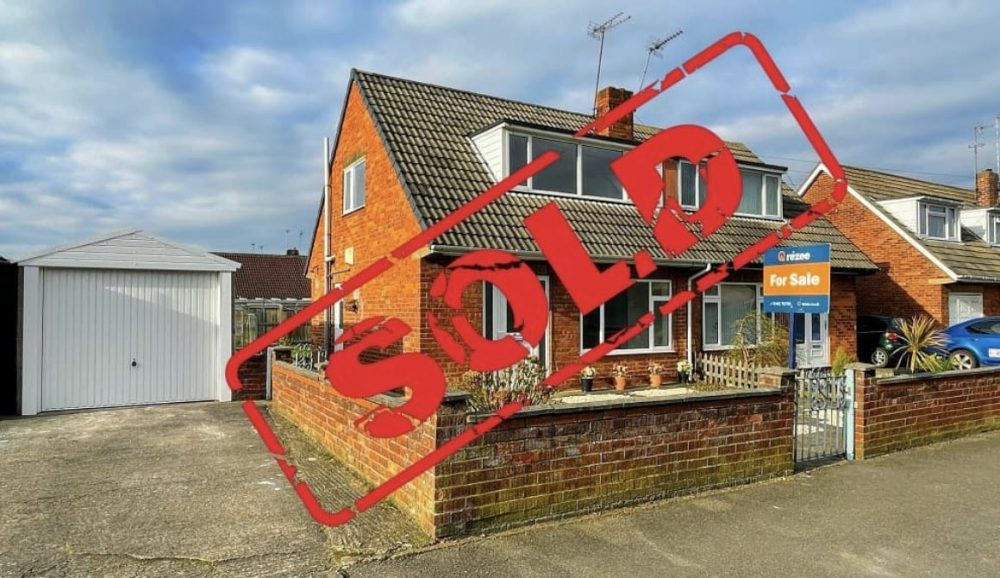Can I sell my house if it has a restriction on it? Yes, but it adds a lot of complications and can make the already stressful process more stressful.
Here’s all you need to know.
What does a restriction mean when it comes to selling your home
A person selling a property with a restriction on it must make sure certain conditions are adhered to before a sale takes place.
Restrictions are placed on a property to protect the interests of a person, developer or even a non-owner.
They can also be used to secure a debt or stop future owners from making alterations to a building or land.
One common example is a restriction imposed by a lender who has a mortgage secured on the house. This may require the mortgage paying in full, or permission from the lender, before a sale is able to go through.
Restrictions are contained in the property’s title deeds, and held at the Land Registry.
If one is added to your home, there could be quite a bit of work involved in removing it. So, if you are hoping to sell you will want to begin addressing the issue as soon as possible, otherwise there could be significant delays.
The law surrounding property restrictions can be extremely complex. It’s always best to seek legal advice before embarking on a sale if your property has a restriction attached to it.
Advice on dealing with property restrictions
The list of different restrictions that can be placed on a property is long and varied.
Here are some of the more common ones, and what your options are when faced with them.
IVA restriction
An individual voluntary arrangement (IVA) is a legally binding agreement between a person and a creditor to pay back debts over a period of time. A creditor can place a restriction on your property during an IVA, which stops you from selling without gaining their consent. Once the IVA has run its course – this generally takes around five years – the restriction will be lifted. Depending on how much equity is in the house, you may be able to reach an agreement with the creditor to sell.
Tenants in common
A restriction is added to the deeds when a house is bought under a tenants in common arrangement. This is where two people own a distinct share of a property. The restriction ensures that when one owner dies, the property does not automatically pass to the surviving party, and therefore cannot be sold without consent from the deceased owner’s estate. If the surviving owner is entitled to the share, in accordance with a will, the restriction can be removed from the register. In order to remove a tenants in common (Form A) restriction, two things must be done. The owner, or owners, need to sign a Land Registry RX4 form, and this must be followed by a sworn statement of fact – Statutory Declaration as to Equitable Title – in front of a solicitor.
Restrictive covenants
A restrictive covenant is a type of deed restriction that limits what a homeowner can or can’t do with their property or land. These ‘run with the land’ so apply to all future owners, and in some cases can date back hundreds of years.
They may prevent owners from making alterations, like building an extension or converting the property into flats, or from erecting other buildings or structures on a piece of land, such as an extra garage, shed or workshop.
Some deed restrictions can block property owners from running a business on the land, can limit how many cars you can have parked at the house, or prevent you from felling trees.
These types of restrictive covenants can be extremely off-putting for buyers. As a seller, you can attempt to contact the person or developer who placed the restriction(s), and ask them to modify or remove. If this isn’t possible then you can make an application to the Lands Chamber of the Upper Tribunal. In some cases, very old covenants are considered unenforceable because the original landowner can’t be traced.
Still looking for that quick property sale?
If you are wanting to sell your home quickly – maybe you need to raise money in order to pay off a debt – Hull Cash Buyers can help.
We buy homes in any condition, but not only that, our experienced property team will advise you on any concerns you may have about restrictions on your property.
Not sure where to start? Our ‘Selling Your House in Hull – FAQs’ blog is full of handy information for anybody thinking about selling.

